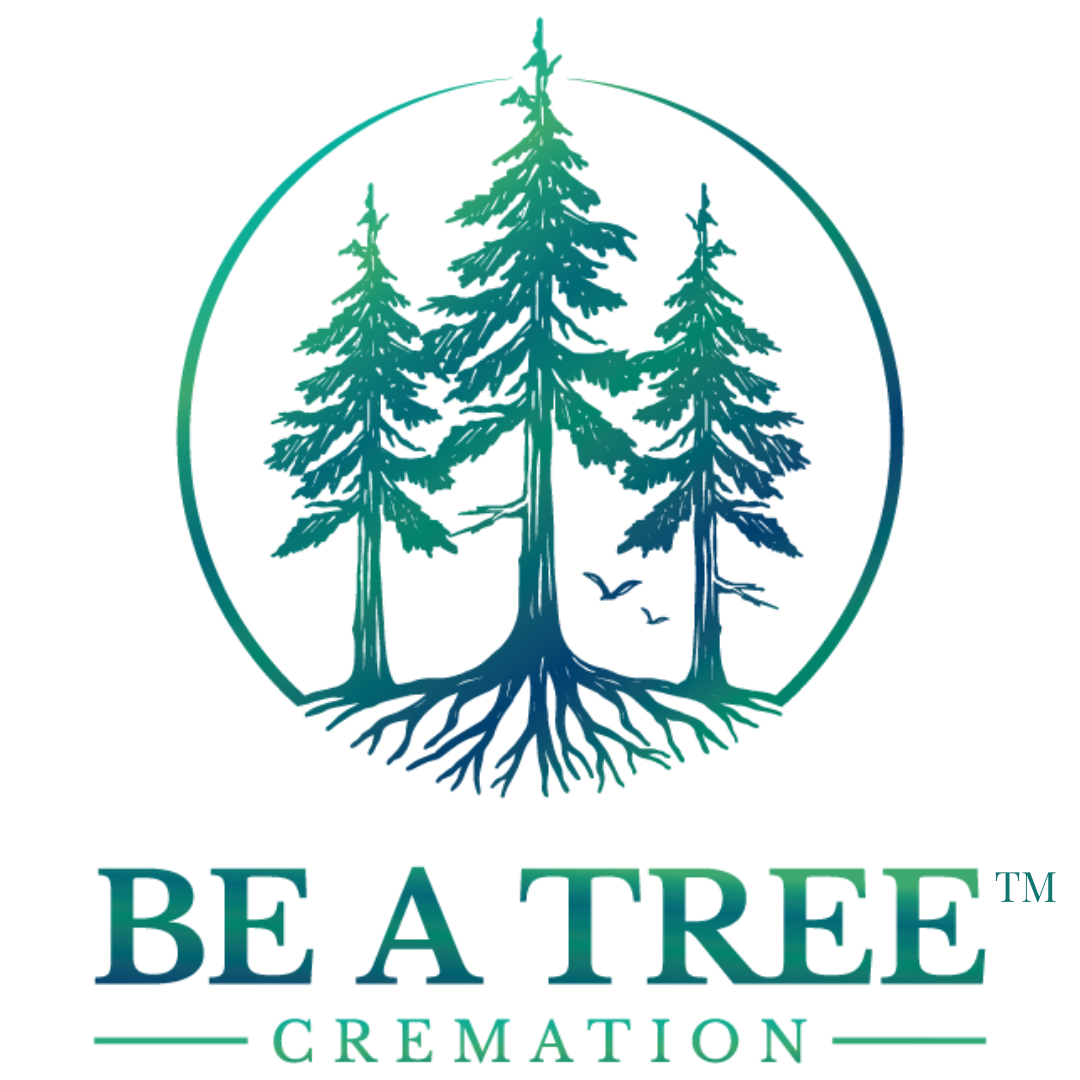What to do when someone dies in Colorado
When someone passes away, either expectedly or unexpectedly, it can be hard to know what to do from moment to moment. Where do you start? Who do you call? We’ve put together a helpful checklist to to help provide guidance. Specifics will vary by circumstance and even by county, but start here and you may not feel as overwhelmed.
Contact a cremation provider or funeral home
Notify the cremation provider or funeral home you've selected. They should provide you with next steps, paperwork, and a General Price List.
Notify close friends & family
Start with immediate family. You can request assistance from one or more people to help make these phone calls. If the death occurred in the middle of the night, it's typically acceptable to wait until morning, but it is circumstance dependent.
Gather death certificate information
Birth Date ◦ Place of Birth ◦ Mother's Name ◦ Father's Name ◦ Social Security Number ◦ Veteran's Discharge or Claim Number (If Applicable) ◦ Education ◦ Most Recent Address ◦ Marital Status
Decide if you'd like a service
Consider your loved one's wishes, who should be in attendance, if guests will have to make travel arrangements, religious customs, and location. We can connect families with planning resources, celebrants, flowers, and more upon request. A memorial or celebration of life can be done quickly or weeks later.
Choose a photo
If you will publish an obituary, choose a suitable photo. We recommend a close-up, portrait orientation, but most importantly, it should reflect your loved one's personality & portray them in a way they'd want to be remembered by others.
Write an obituary
If you will publish an obituary, take some time to write a personal tribute. Our staff is more than happy to assist with this process and you can find tips on our website. An online obituary is included with your package and we will submit to newspapers upon request. This is also a good time to designate a charity if you wish to receive donations in addition to or in lieu of flowers.
Notify insurance companies
Notify all insurance companies your loved ones had active policies with to determine potential benefits.
Notify utilities
If your loved one lived alone, you should notify their utility companies including electricity, water, gas, phone, internet, etc.
Locate will & notify lawyer & executor
If your loved one had a will, you should notify the lawyer and executor. The lawyer will help determine what steps are necessary such as filing a will in probate court.
Check all potential benefits
Research and apply for all potential benefits including Life Insurance, Veterans Benefits, Lodge or Fraternal Benefits, etc.
Check outstanding payments
If your loved one had credit cards, a mortgage, or other bills, you should call and notify them of the death and inventory any outstanding payments.
Call Social Security in two weeks
The cremation provider or funeral home will typically notify social security on your behalf after the death occurs. In approximately two weeks, call social security to check for Death Benefits for surviving spouse or continuation of monthly checks if applicable.
800-772-1213
Who can make decisions?
If the decedent had any written documentation regarding their wishes, it should be carried out as closely as reasonably possible. If not, the next of kin will be in charge of all decisions. In short, the hierarchy is as follows:
Declaration from the decedent (a will, right to control disposition, pre-paid arrangement, or other document.)
A person or designee appointed by the decedent
Surviving spouse (if not legally separated)
A majority of the surviving adult children of the decedent
A majority of the surviving parents or legal guardians of the decedent
A majority of the surviving siblings of the decedent
Here is the way the Colorado law is written.
(1) Subject to section 15-19-105 (2), the right to control disposition of the last remains or ceremonial arrangements of a decedent vests in and devolves upon the following persons, at the time of the decedent's death, in the following order:
(a) The decedent if acting through a declaration pursuant to section 15-19-104, subject to the provisions of section 15-19-104 (3)(a)(II);
(b)
(I) Either the appointed personal representative or special administrator of the decedent's estate if such person has been appointed; or
(II) The nominee for appointment as personal representative under the decedent's will if a personal representative or special administrator has not been appointed;
(c) The surviving spouse of the decedent, if not legally separated from the decedent;
(c.5) A person with the right to direct the disposition of the decedent's last remains in a designated beneficiary agreement made pursuant to article 22 of this title;
(d) A majority of the surviving adult children of the decedent;
(e) A majority of the surviving parents or legal guardians of the decedent, who shall act in writing;
(f) A majority of the surviving adult siblings of the decedent;



